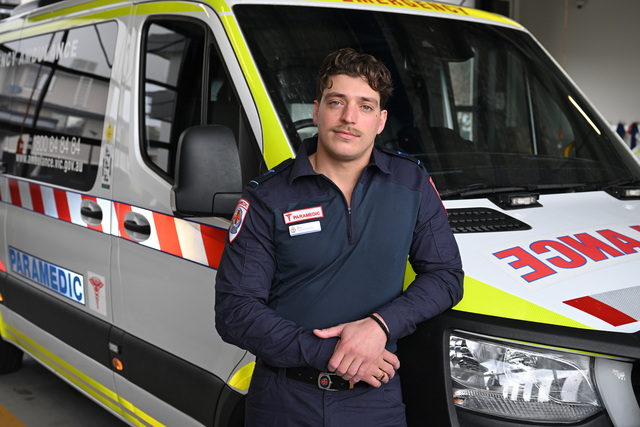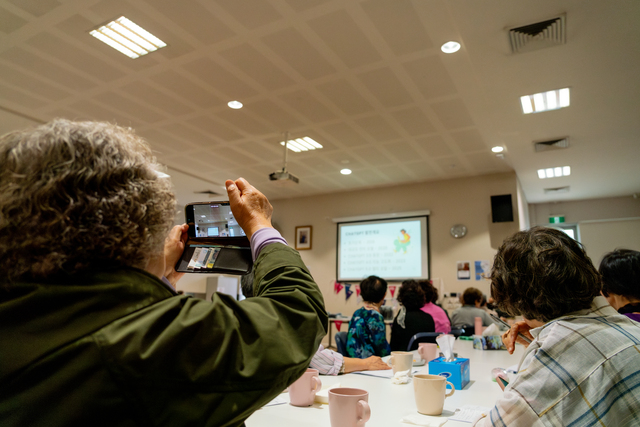The next stage of the nation-leading Generation Victoria (GenV) research initiative is underway, with more than 110,000 of the littlest Victorians signed up to help inform the future of healthcare.
Medical Research Minister Ben Carroll visited the Joan Kirner Women’s and Children’s Hospital in St Albans on November 13, to mark the next phase of the study as researchers continue Australia’s first and only study of the post-COVID generation.
While face-to-face recruitment is now complete, the families of babies born during the eligibility period – from October 4, 2021, to October 3, 2023, – are encouraged to sign up as the study moves forward.
GenV is one of the world’s largest birth and cohort studies, and asks families involved to share information about themselves and the health and development of their newborn, via surveys and the collection of samples.
The next phase of the study will see researchers build a data repository and create data linkage to be used in trials and contribute to significant advancements in Victoria’s medical research field.
The study will provide insights into the impacts of the pandemic on the new generation of Victorians, exploring answers to complex health issues such as asthma, allergies, obesity and mental illness in children, and give insights into how genetic, environmental and other factors can influence GenV’s health.
Minister Carroll said the insights gained from GenV will help build a better health system for Victorians.
“This is a once-in-a-generation opportunity to truly understand the health of our littlest Victorians from day one – informing the future of Victoria’s health system to ensure it can care for them throughout their lives,” he said.
Headquartered at the Murdoch Children’s Research Institute the research also includes a bank to store biological samples provided by participants, such as breast milk and saliva, for further analysis and to support other research projects that will help better inform antenatal care providers.
Of the total participants, more than one in five are from regional Victoria and more than 7,000 live in a home where a language other than English is spoken, with more than 70 different languages represented across the study.
Participating families will receive regular communication to ensure they are fully aware of the project’s progression, how data will be used, and they can opt out of the study at any time.
For more information about GenV or to learn how to get involved retrospectively, visit genv.org.au.







